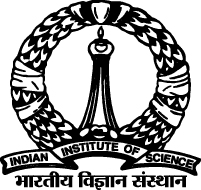 |
T.V. Ramachandra and Ganesh Hegde
|  |
Energy & Wetlands Research Group, Centre for Ecological Sciences, Centre for Sustainable Technologies,Centre for infrastructure,
sustainable Transportation and Urban Planning [CiSTUP], Indian Institute of Science,
Bangalore, Karnataka 560 012, India